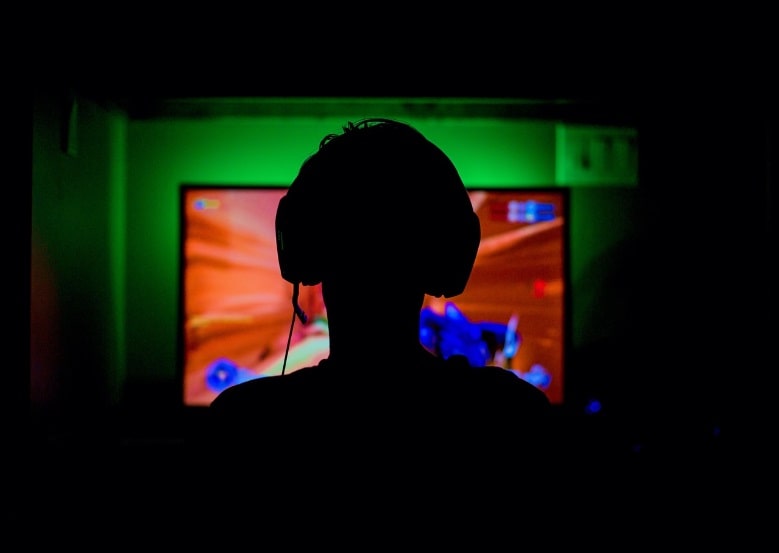
The surprising psychological overlap between casual gaming and iGaming platforms
The gaming industry has undergone a massive transformation in the past decade, with mobile games leading the way in redefining how people interact with digital entertainment. What began as simple, fun distractions like Angry Birds or Temple Run has evolved into immersive ecosystems packed with in-game economies, progression systems, and highly engineered psychological hooks.
But there's a subtle, fascinating shift happening behind the scenes one that many casual gamers may not even notice. The same mechanics that make mobile games so addictive are also the core of what drives engagement in online gambling platforms.
When you break down the psychology of engagement, the similarities between mobile games and online casinos are hard to ignore. The thrill of leveling up in Candy Crush, the suspense of opening a loot box in Overwatch, or the daily login streaks in Pokémon GO all mirror the dopamine-driven experiences of slot machines, roulette wheels, and casino bonus rounds.
These elements tap into what psychologists call variable reward schedules the unpredictable nature of rewards that keeps our brains craving more. It’s the same principle that drives both successful mobile games and real-money iGaming platforms.
👉 For an in-depth psychological breakdown, check out this great article: In-Game Rewards: Understanding Why Video Games Are So Addictive
Loot boxes have become a staple in modern gaming. Players spend virtual (and sometimes real) currency for a shot at rare items, accompanied by flashy animations and satisfying sound effects. This experience is nearly identical to spinning a slot machine complete with near-misses designed to encourage another try.
Even games targeted at younger audiences include these systems. While they don’t allow players to cash out real winnings, the emotional response they provoke is startlingly close to the experience of gambling.
Free-to-play mobile games introduce habits that mirror online gambling behavior:
Energy systems and cooldowns train users to return at specific times.
Timed rewards and bonuses mimic promotional offers on casino sites.
In-game currencies often obscure the real-money value of purchases, softening the perceived financial impact.
These mechanics keep players engaged while subtly introducing gambling-like behavior without most realizing it.
Today’s mobile games are more social than ever. Leaderboards, achievements, friend challenges, and the ability to share progress on social media all feed into our desire for recognition and competition. These social features are a major part of both mobile gaming and iGaming platforms.
Casinos now offer achievements, tournaments, and VIP tiers not just for the rewards, but for bragging rights. The game becomes less about winning money and more about status and identity, just like in casual games.
📖 For a deeper dive into the evolution of social gaming, read:
The History of Social Gaming
From celebratory animations and bright colors to progress bars and sound effects, mobile games and iGaming platforms speak the same visual language. This familiarity lowers the barrier for new users exploring online casinos they’re stepping into an environment that already feels intuitive.
🎰 Curious about platforms beyond the mainstream?
Check out ValueWalk’s top Stake alternative casinos for in-depth reviews of crypto-friendly iGaming sites using similar engagement mechanics.
It’s important to stress that mobile gaming and iGaming are not the same. The biggest difference? Risk. While mobile games might prompt players to make small purchases with known outcomes (even in randomized systems), iGaming involves actual financial stakes and the potential for loss.
Yet, the increasing use of in-game currencies in casual games blurs this distinction. When players are encouraged to buy "gems" or "coins," it becomes easier to disconnect from the real money being spent much like using chips in a casino.
There’s no evidence to suggest that casual gamers are destined to become online gamblers. Most players enjoy mobile games responsibly without ever making the leap to iGaming. However, the psychological groundwork is undeniably similar.
This crossover creates both opportunities and ethical responsibilities for developers and regulators:
🎯 Game studios must be transparent about odds and spending.
📜 Regulators need to reconsider where gaming ends and gambling begins.
🧑🏫 Players should be educated about the mechanics at play in their favorite titles.
The techniques used to keep us engaged in games dopamine triggers, reward schedules, social validation are becoming universal across digital entertainment. As these systems grow more sophisticated, the line between gaming and gambling continues to blur.
Whether this is an alarming trend or just the next phase in the evolution of entertainment is up for debate. But one thing is clear: understanding the psychology behind these experiences is the first step in making informed choices both as a player and as a parent, regulator, or developer.